When ex-Renault chief Carlos Tavares arrived at PSA last December, soon to become president, it’s fair to say there was a good deal more apprehension to be felt within the group HQ on Paris’s imposing Avenue de la Grand Armée than Christmas cheer.
Despite the best efforts of a hard-working executive group, the company had just lost an eye-watering £5 billion in trading over the previous two years. Car sales had flagged, and every one of them had been unprofitable.
Tavares’s mild-mannered predecessor, Philippe Varin, had already presided over 9000 redundancies, and, though soft-spoken, the new man was soon noted as the possessor of a steely stare and a race-winner’s determination. No one knew how deep he would cut, but the assumption was that the incisions would be painful.
Ten months later, the mood has changed. Tavares has not lost his reputation for toughness, but neither has he turned into the expected hatchet man.
Instead, he has launched a clear-minded turnaround plan called ‘Back in the Race’ which, for the latest half-year’s trading, has generated a tiny but highly symbolic trading profit of £5.6 million – an achievement he describes as “encouraging, not impressive” when we meet in his comparatively modest office on the ninth and most elevated floor of the building known throughout the company as ‘Grand Armee’.
“We use the word ‘encouraging’ because I wouldn’t want anyone getting the idea that the recovery had been achieved,” Tavares says, speaking fluently in what is the third of his four languages. “We have only just begun the recovery.” Tavares, 56, is Portuguese by birth but went to school and then trained as an engineer in France.
He has since had a series of English-speaking jobs, possibly the biggest of which was running all of Nissan’s operations in the US, including numerous manufacturing plants. Every second weekend during the racing season he found time to return to France to indulge his passion for racing a 600bhp single-seat GP2 car, at which he was remarkably successful.
Tavares once said he’d have preferred a career as a racing driver to his current position as one of France’s most prominent industrialists, but even so, his ambition to reach the top of the car industry tree is firmly on the record.
When he told journalists, in August last year, of his ambition to be the unfettered head of a car company – and subsequently put the idea to his then-boss, Renault-Nissan chief Carlos Ghosn – his 30 years’ service at Renault came to an abrupt halt.
After a couple of months, during which some remarkable rumours flowed, he bobbed up at PSA, first working with Varin, then taking the reins for real in the early months of this year.
Given our genteel surroundings, it hardly seems polite to suggest that this latest tiny profit might be window dressing, a morale boost for employees and PSA’s three major shareholders, Chinese group Dongfeng, the French government and the founding Peugeot family.
I make it anyway, but Tavares is unruffled. “If it had been about window dressing, I would probably have arranged things to go in the opposite direction, because one might think it was too soon to show a profit,” he says. “But the truth is we have good things on the way. We didn’t push any metal; this was a natural achievement. But we have a long way to go.”

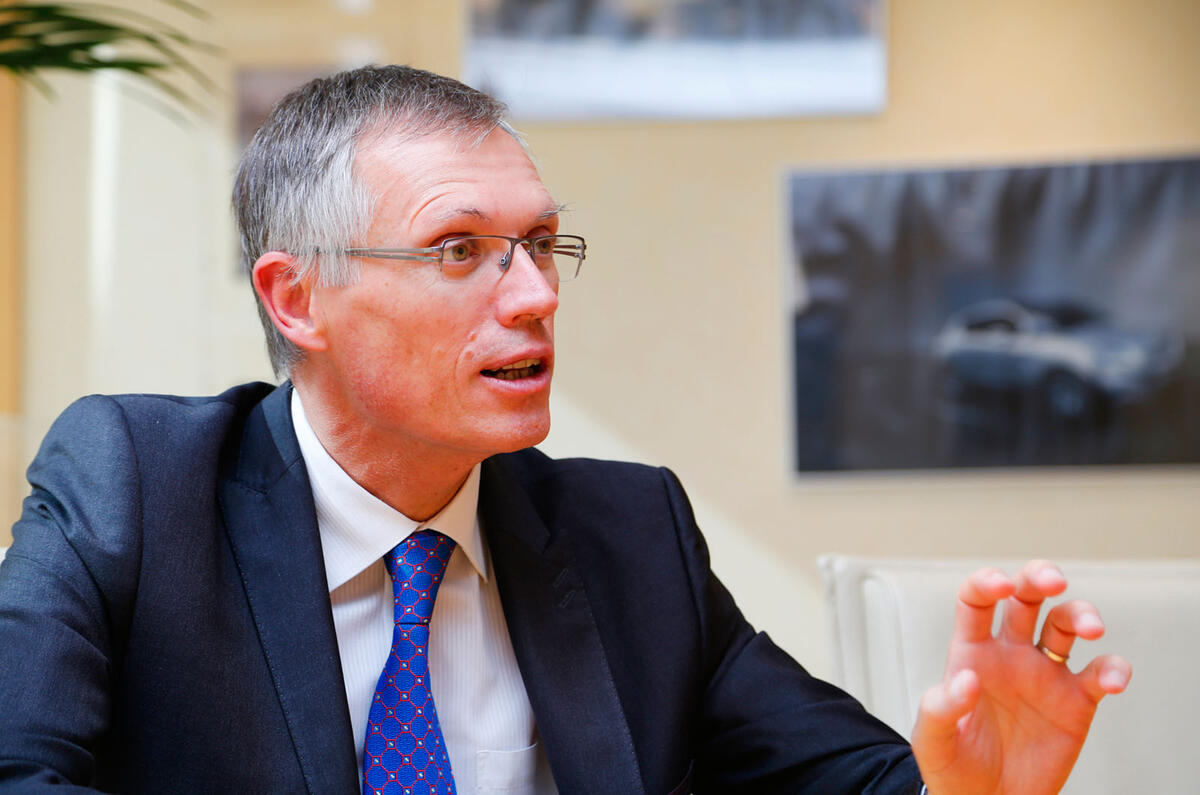
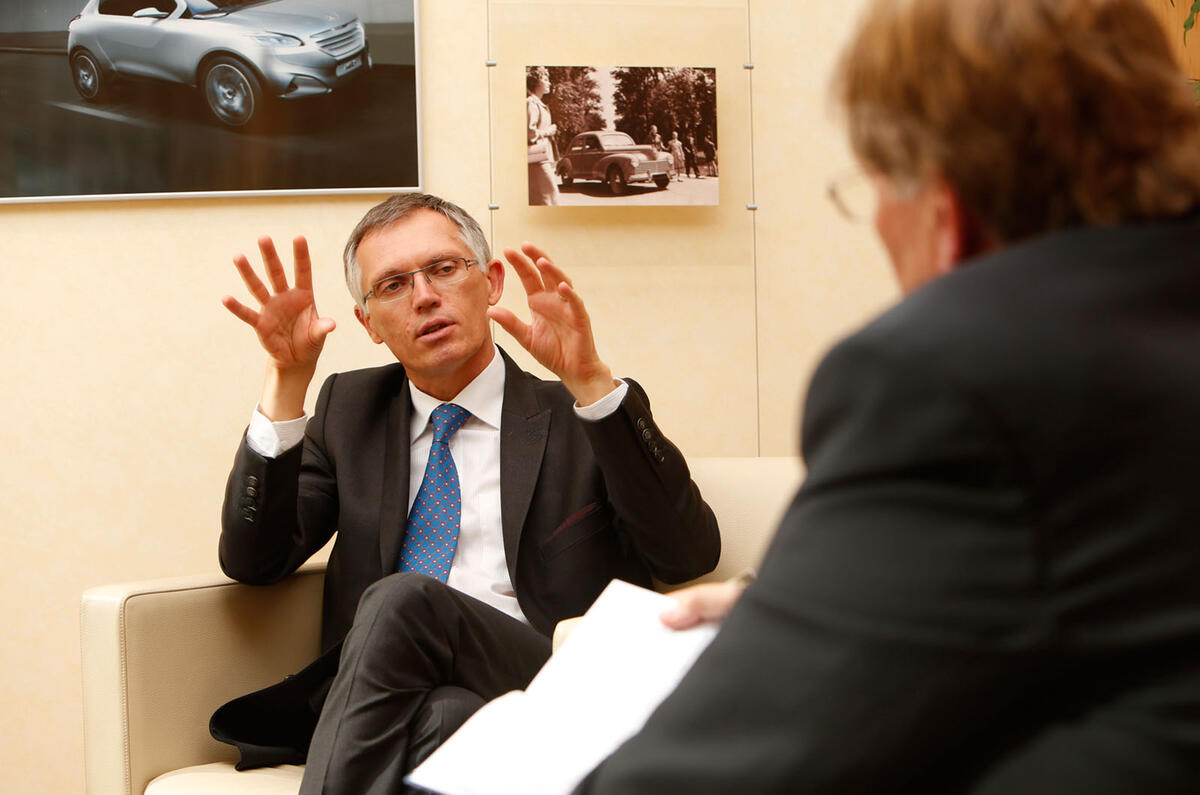
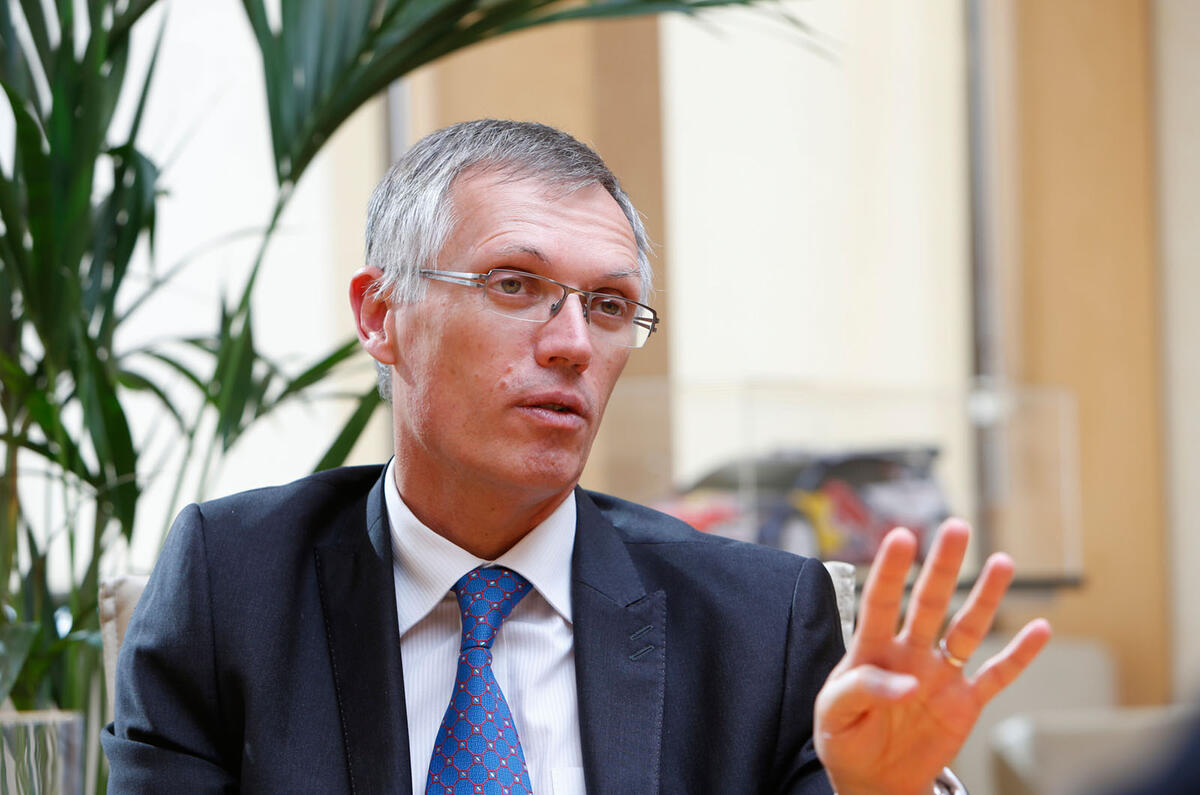
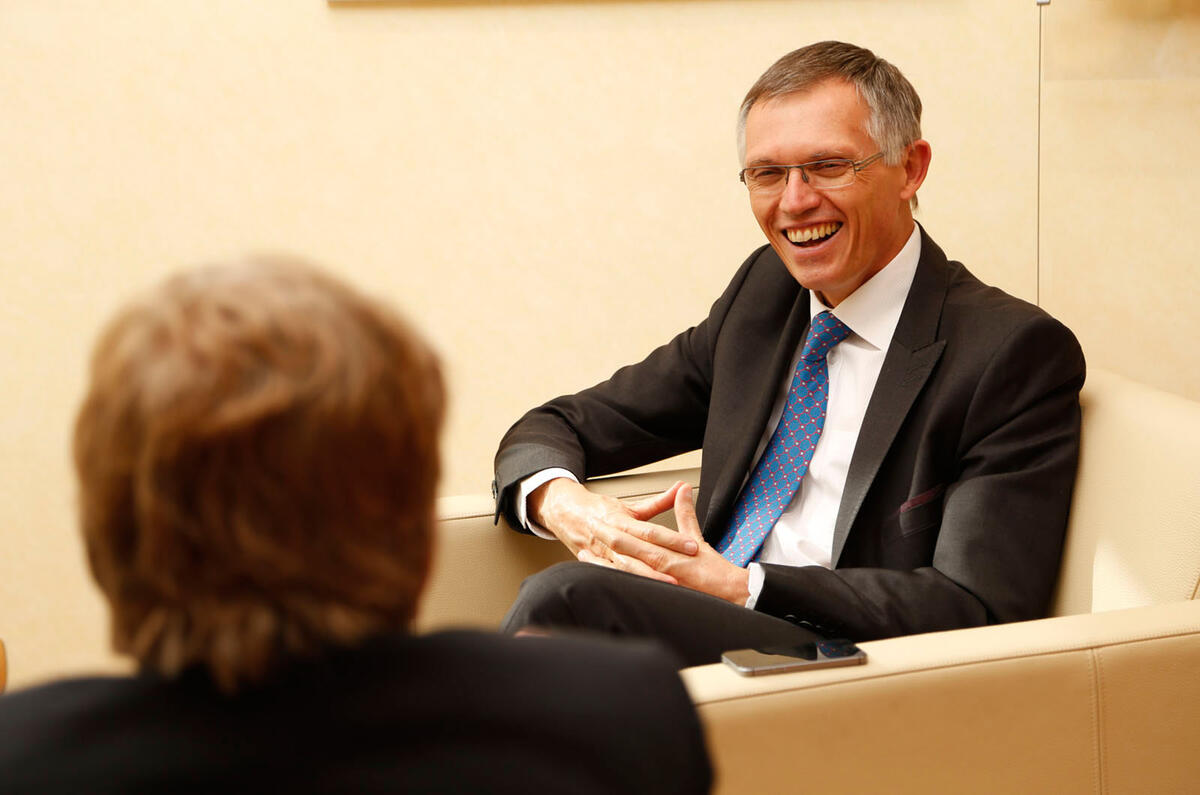
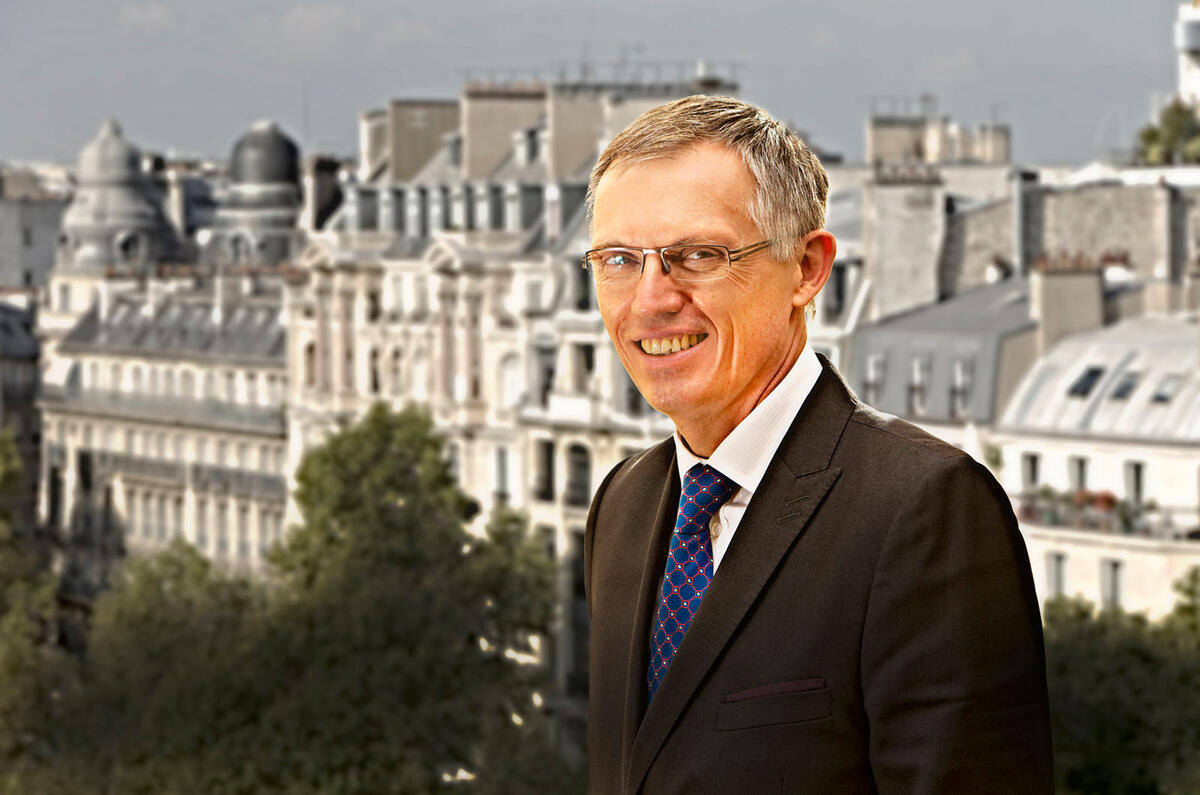











Add your comment
Great to see...
Of the wider range the one I'd happily have most is the 308, I think it's a smart looking thing. PSA need to entice people like my father-in-law back, he was a Peugeot man for 30 years but his last 2 cars have been the Passat estate. He says they no longer sell anything he wants.
bomb wrote:... he was a
I am in the same boat. Over the years many of the best cars i have had have been PSA products. 405 MI16, and 406V6 being the best. There is absolutely nothing they sell now to get me into a showroom
Take a tip from Tavares
PSA Group
I think - reading between the lines of this interview, Tavares has a very interesting plan. Ditch the cheap crap (306 etc) and make some serious metal (or aluminium) cars which reach out to the soul in design internally and externally without being querky. Despite my dislike of all things French, I would not like to see this marque drop off the map like far too many British names have gone before them. I like the guy (he is only a tad French haha) and I think after Ghosen experience he is the right man in the right place and thank God the Chinese are leaving him be to do it all.
Prejudice?
Prejudice?